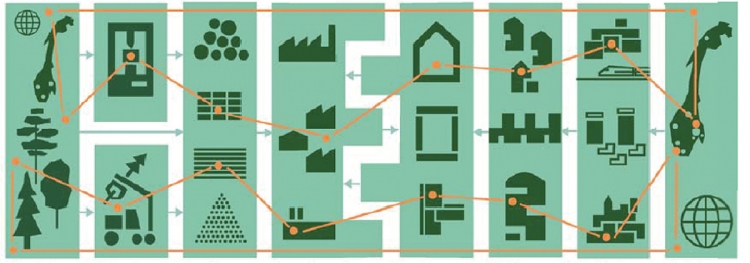
Project description

As buildings become more energy efficient and emissions related to their operational use are reduced, the importance of embodied energy in materials becomes more significant. This explains a renewed interest in the use of wood-based materials in buildings. When harvested from sustainably managed forests timber offers an effective means to reduce fossil energy use and mitigate climate change, particularly when substituting steel and concrete alternatives. New timber solutions and technologies for fire safety have facilitated a reinvention of timber as an urban building material. Alongside this reinvention, is the need to research and advance knowledge in its use as a modern construction material.
The Wood Be Better (WBB) research project was established in 2013 as an interdisciplinary project funded by the Norwegian Research Council´s BIONÆR program. The principal aim was to “produce and publicise knowledge that will facilitate increased use of wood in buildings in urban areas.”
The project focuses on construction systems and envelope designs that are safe, robust, adaptable and easily integrated into architecture of a high and sustainable quality. The use of timber should be linked to visions of a better urban future. Key knowledge needs are defined, and are subjected to intedisciplinary research in work packages and Ph.D. dissertations. Dissemination is inherent in the broad organization of the project, and is followed up by scientific publication and initiatives aimed at users in education systems, forest owners associations, industries, housing businesses and cooperative building associations.